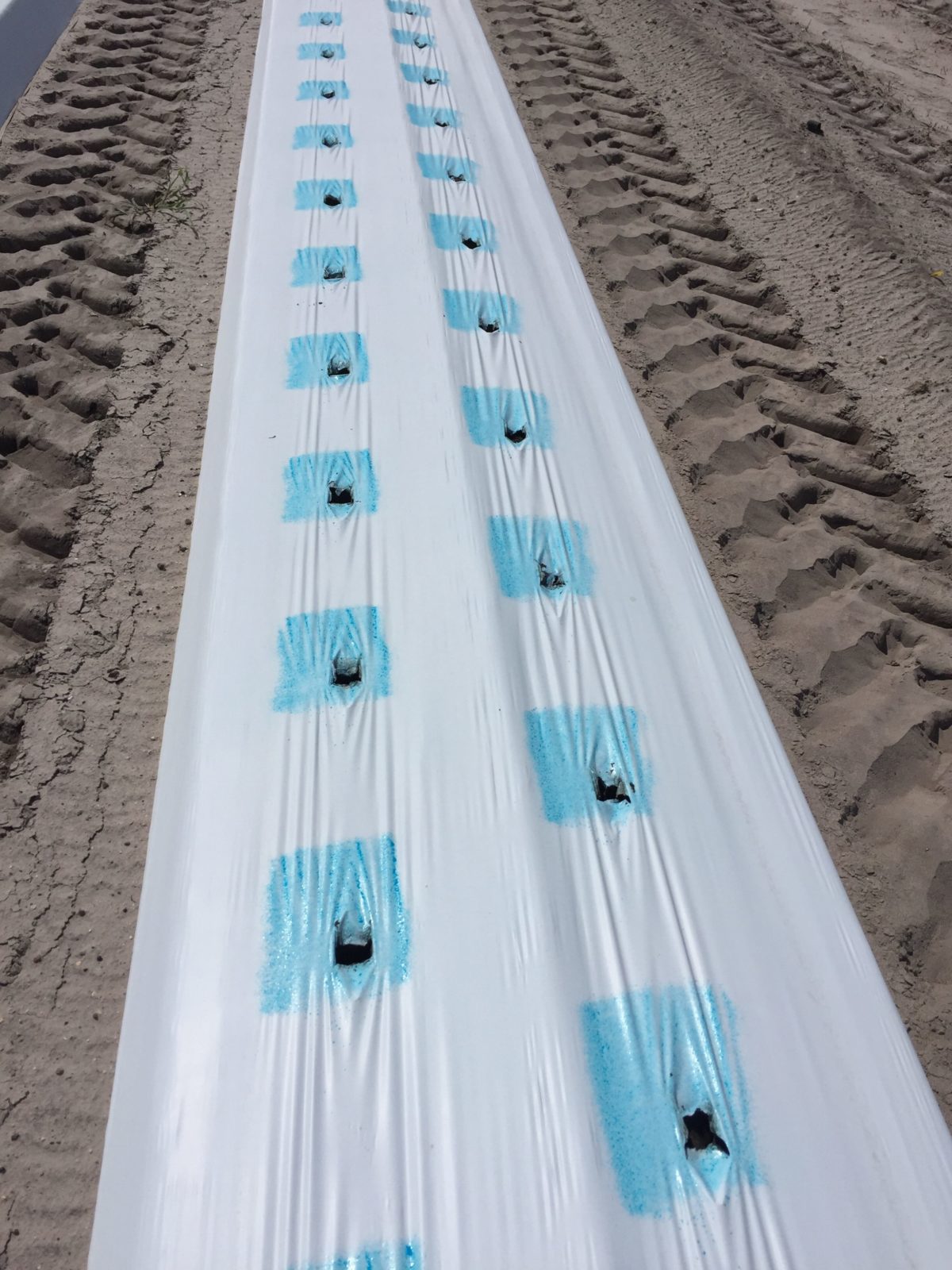By Brian German The Environmental Working Group (EWG) has released its annual Dirty Dozen list, which according to its methodology, names the produce that has the highest levels of pesticide residue. The analysis that is performed is not designed to provide specifics about residue levels or provide the significance of that type of exposure. “For 23 years, the Environmental Working …
Specialty Crop Farm Bill Alliance Announces Farm Bill Priorities
More than 120 organizations urge Congress to support key nutrition, block grant and research programs. The Specialty Crop Farm Bill Alliance (SCFBA), a national coalition of more than 120 specialty crop organizations, has announced its 2018 farm bill priorities focusing on programs for a healthier America heading into Wednesday’s U.S. House Agriculture Committee meeting on the farm bill. The SCFBA …
Vegetable Pest Problems
David Riley, a professor of entomology at the University of Georgia, says that two pests have been big issues for Southeastern vegetable growers: diamondback moth (DBM) and whitefly. DIAMONDBACK MOTH DBM continues to be a struggle for Southeastern vegetable growers, mostly due to insecticide resistance. Riley says that DBM resistance in cabbage and collards is a long-standing problem. “Diamondback moth …
Hole-Punch Technology Dramatically Reduces Herbicide Use
By Nathan S. Boyd and Arnold Schumann The majority of vegetables grown in Florida are grown on raised, fumigated beds covered with plastic mulch. This production technique has been widely adopted because the combination of plastic mulch and drip tape improves water and fertility efficiency. The use of plastic mulches has many additional benefits, including improved crop quality, reduced water …
Pepper Weevil Woes
Pepper weevil has been a problematic pest in Georgia peppers, and now it appears to be moving into other crops. David Riley, a professor of entomology at the University of Georgia, has been studying pepper weevil since he received his doctorate nearly 30 years ago, and he was shocked to see this pest spread to other hosts. According to Riley, …
The Evolution of the Industry’s View on the Farm Bill
“We never wanted to be brought into the farm bill,” says Robert Guenther, senior vice president of public policy for the United Fresh Produce Association. He is speaking for the fruit and vegetable industry. “We were really focused on not wanting to become a subsidized commodity back in the day. That’s evolved,” he says. So, why the change? Guenther says …
Research Progress in Combating Center Rot of Vidalia Onion
By Bhabesh Dutta Annually, Georgia plants over 12,000 acres of sweet Vidalia onions (National Agricultural Statistical Service, U.S. Department of Agriculture) with farmgate value of approximately $145 million dollars. Vidalia onion ranks first in terms of farmgate value among vegetables in Georgia, making it the most important vegetable crop in the state. Among the spring-grown onions in the United States, …
Trucking Rule Gives Florida Growers an Edge
By Ernie Neff and Len Wilcox A federal rule requiring use of electronic devices to log truckers’ driving time was a boon to Florida vegetable grower, packer and shipper Chuck Obern, at least soon after implementation. Obern said the rule increased the time and cost of shipping vegetables from the West and Mexico to New York, giving Florida growers a …
Taste Test Shows Luffa’s Potential
This emerging Asian vegetable is one to watch in Florida. By Yucong Xie, Guodong Liu, Bala Rathinasabapathi and Muhammad A. Shahid Luffa is a genus of tropical and subtropical plants in the cucumber family (Cucurbitaceae). Native to Asia, particularly in China and Vietnam, luffa is cultivated for its immature fruit, which is consumed as a cooked vegetable (Figure 1). Mature …
Critical Organic Insecticides
Auburn University Extension entomologist Ayanava Majumdar says for organic growers, the use of organic insecticides can make or break a production system. “Organic insecticides are critical for organic producers; we shouldn’t forget about them,” Majumdar says. Southeastern weather conditions are among the most unique in the nation, making pests a year-round issue. For starters, the southeast has heat, humidity and …












